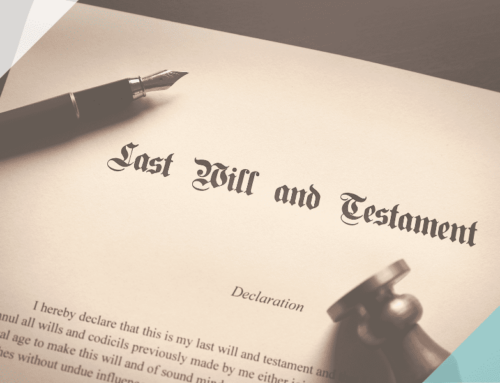What happens after probate is granted?
Probate is the legal right to deal with someone’s property, money and possessions. The court validates and administers their will, or in the absence of a will, distributes their assets according to state law. It’s important not to make any financial plans or put property on the market until you’ve got probate. Once probate is granted, the executor or administrator can begin the process of settling the deceased person’s affairs and distributing their assets to beneficiaries.
To get probate, you must apply for it and to check if probate is needed you must contact the financial organisation the person passed away used for example, their bank and mortgage company. To find out if you’ll need probate to get access to their assets, however, every organisation has its own rules.
You probably won’t need probate if the person who died only had savings, and owns shares or money with others as the money will automatically pass to the surviving owners unless it was agreed otherwise, this applies to owned land or property with joint tenants.
Only certain people can apply for probate, who can apply depends on if there’s a will.
- If there’s a will, executors named in it can apply.
- If there’s not a will, the closest living relative can apply.
You can apply for probate online or by post once you’ve valued the estate.
After we have applied to the Probate Registry on your behalf, the grant of probate or letters of administration will then be issued. This will normally take a minimum of 16 weeks from the date the application is received by the Probate Registry. This may take longer in cases where additional information is required.
After probate is granted, the first step is to identify, gather and secure the deceased person’s assets. This could include things like personal property, investments, and bank accounts. Once this has been done the executor or administrator is responsible for notifying creditors of the deceased’s passing. Creditors are given a specific period (usually a few months) to submit claims against the estate for any outstanding debts. Creditors are individuals or companies that have lent money to the individual and they usually charge interest on top. For example, a bank account that has lent money to a person to purchase a house would be considered a creditor. Once the claims have been received and verified, the estate must pay off the deceased’s debts and any other expenses, legal fees, and any other outstanding bills.
Following on from this, there might be estate taxes and income taxes due depending on the size of the estate and its income. The executor or administrator must file the necessary tax returns and pay any taxes owed by the estate. Once all taxes and debts are paid off the remaining assets can be distributed to the beneficiaries according to the terms of the will. The executor ensures that assets are transferred correctly and legally. Executors are usually required to provide an accounting of all financial transactions related to the estate to the court and beneficiaries. This is to ensure everything is handled correctly and to protect the firm if anything ever goes wrong, the executor must also provide records of the accounts to the beneficiaries.
Once all this has been completed With the court‘s approval, the executor is discharged from their duties, and their responsibilities regarding the estate come to an end. The executor needs to maintain records of all financial transactions and estate-related documents for a certain period (typically several years) in case they are needed for legal or tax purposes.
In conclusion, the probate process can be complex and time-consuming, but it plays a crucial role in ensuring that a deceased person’s assets are distributed correctly and their debts are paid off. After probate is granted, the executor or administrator takes on the responsibility of managing the estate, paying debts, filing taxes, and ultimately distributing assets to the beneficiaries. By following these steps diligently and complying with legal requirements, the executor can successfully navigate the post-probate process and bring closure to the estate.
Our blogs and articles are correct at the time of writing.
These have been created for marketing purposes only and should not be considered as legal advice.





